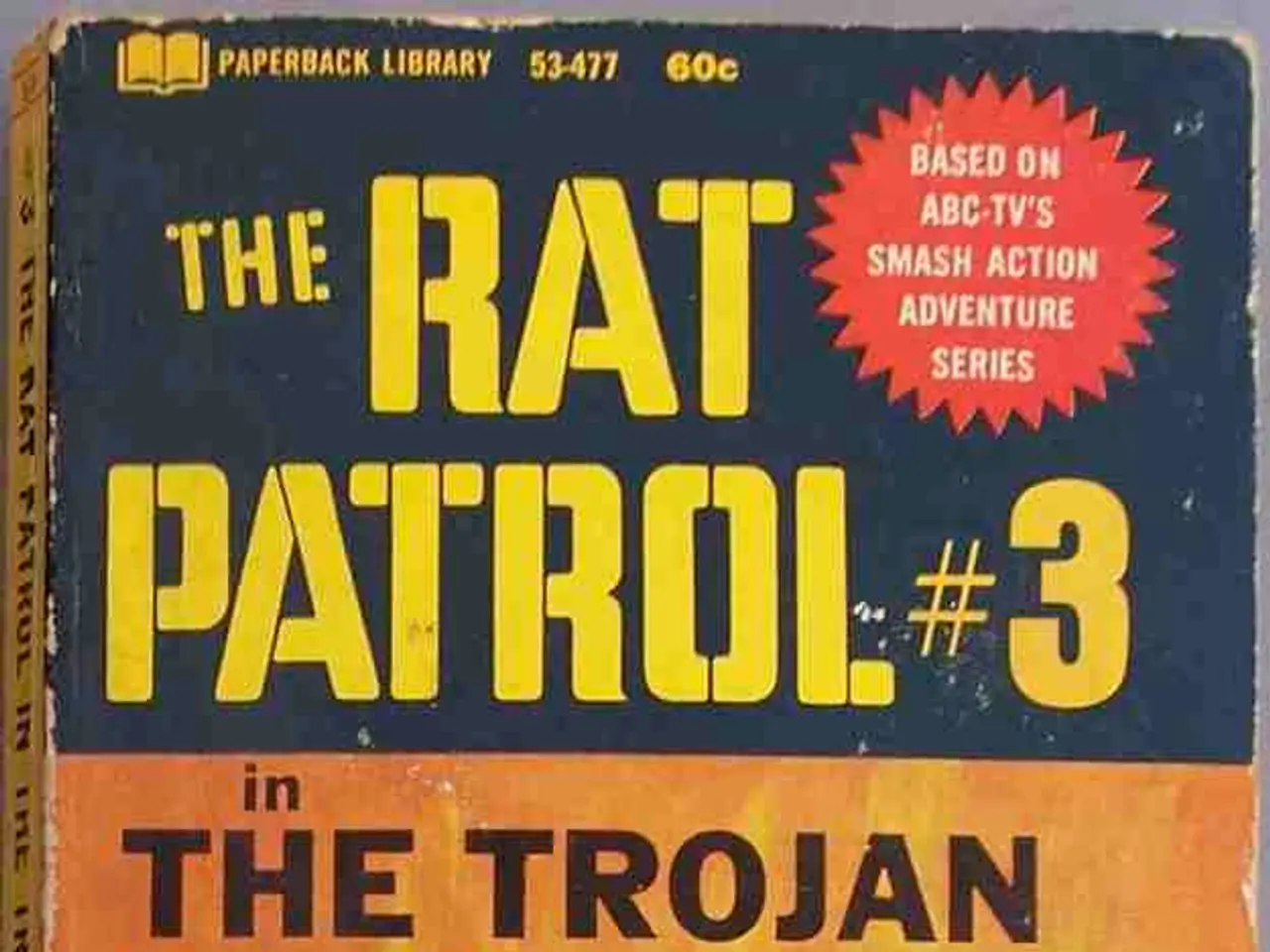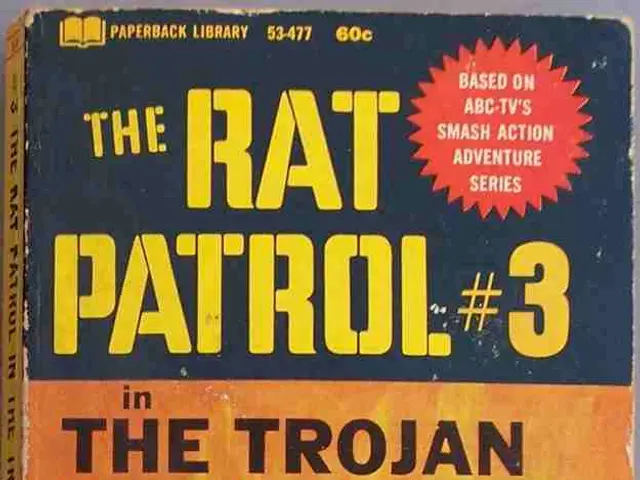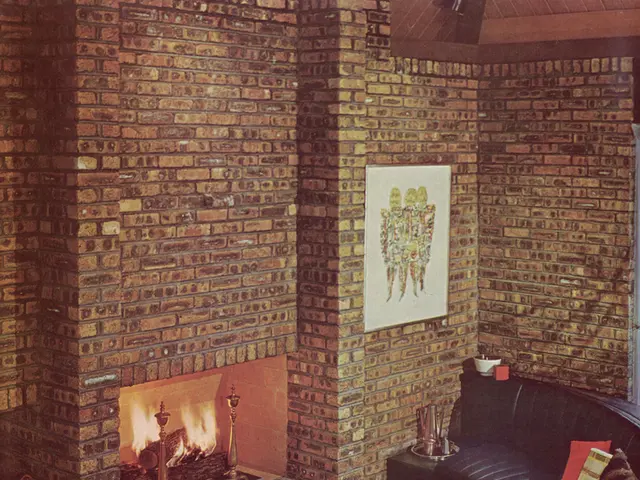Middle East Tensions: Unproductive Dialogue Threatens Two-State Solution; Does History's Wisdom Ring True Today?
In a new book titled "Tomorrow Is Yesterday: Life, Death and the Pursuit of Peace in Israel/Palestine", authors Robert Malley and Hussein Agha delve into the two-state solution as the guiding philosophy of diplomatic efforts to resolve the Israeli-Palestinian crisis. Malley, a former special assistant for Arab-Israeli affairs under President Clinton, and Agha, a representative from Palestinian leader Yasser Arafat, provide a unique perspective on the conflict. They argue that the two-state solution was never an Israeli or Palestinian solution, but an idea with external origins. The book describes the current situation in the Israeli-Palestinian conflict as an echo of the past from both sides. Palestinians feel like they're going through another Nakba, while Israeli Jews feel that they were victims of a pogrom and that this was the worst massacre of Jews since the Second World War. Malley notes that in the past, the Arab world was in charge of Palestinian politics, and there may be an echo of that period now. He suggests that there is an opportunity for Arab countries to step in and provide help to the Palestinians due to the current situation in Gaza and the West Bank. However, Malley questions whether Arab countries will use the opportunity to exert leverage on Israel and help the Palestinians. He criticizes the recognition of a Palestinian state as a distraction that doesn't change anything on the ground and won't make the life of any Palestinian or Israeli different. The book was released on Tuesday and received attention in top policy publications. Malley states that anyone today who claims they're optimistic would be either deluded or lying about the Israeli-Palestinian issue. However, he believes that Israelis and Palestinians are capable of finding a way to peacefully coexist, though it may not be his generation that finds the key to that riddle. The core of the book is to try to describe where are we today and why, with a focus on shattering conventional thought, the dogmas of the past, which are still the dogmas of the present. Malley's book comes as France is spearheading a drive to recognize a Palestinian state at the 2025 UN General Assembly. The French initiative calls for an independent Palestinian state and the effective implementation of the two-state solution at the UN General Assembly (UNGA 2025) in New York next week. Malley served as the U.S. Special Envoy for Iran during the Biden administration from 2021 to 2023. Agha is a senior associate member of Oxford's St. Anthony's College and has been involved in Israel-Palestinian affairs for over 30 years. In September 1999, Ehud Barak of the Labour party defeated Benjamin Netanyahu in a snap election in Israel. Bill Clinton's special Middle East envoy hosted a dinner gathering in hopes of reviving Middle East peace efforts. It was at this dinner that Malley and Agha met for the first time. The book's objective is not to say this is either the best or the preferred outcome, but to stop putting your head in the sand and saying there's only one solution. It's not even clear whether the people who say it believe it. But it sounds good. It makes them look good to say two-state solution, we're heading there. We're not heading there. We're heading in the opposite direction. Let's hit the pause button and try to think of other possibilities.
Read also:
- Earthquake Strikes Balıkesir in Turkey, Causing One Death and Injuries to Many
- New York Journalists Discuss "2024 Election" at Clinton School, According to The Arkansas Democrat-Gazette
- Unity Amidst Strife: Exploring the Enduring Impact of Dr. King's Vision for Race Harmony in the Context of Current Conflicts
- Holy Cross university ponders over legacy admissions policy shift following affirmative action's decline








